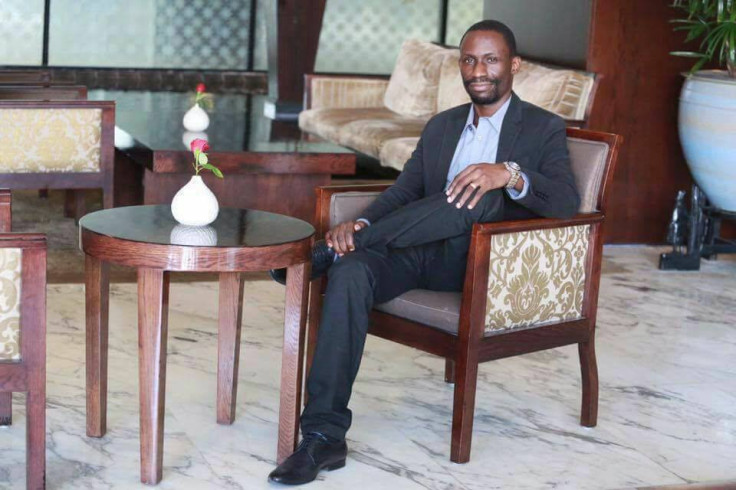Tanzanians demand release of JamiiForums founder using #FreeMaxenceMelo
Authorities arrested Melo for not identitying those who post 'sensitive information' on his popular blogging site.

Tanzanians have taken to social media in support of Maxence Melo, the co-founder of JamiiForums – a blogging platform seen by many as Tanzania's top whistleblowing site – after his arrest earlier this week.
Melo, who co-founded the news site, was arrested for allegedly refusing to disclose the identities of anonymous bloggers and contributors who, the Tanzanian authorities claim, posted sensitive information on his popular blogging site.
On Twitter, 100s of Tanzanians have been calling for Melo's release, using the hashtag #FreeMaxenceMelo.
Social media users started tweeting in support of the entrepreneur after it emerged police had taken Melo to his company, Jamii Media's, offices and his home to search for users' details authorities claim they have been demanding for three months.
Several users are sharing photographs and quotes from the news site's co-founder, along with the hashtag that has been trending in the region. In other more politicised messages, users denounced a violation of freedom of speech in the country.
#freemaxencemelo pic.twitter.com/uus8O60qsD
— aisi sobo (@AisiSobo) December 15, 2016
If the freedom of speech is taken away then dumb and silent we may be led, like sheep to the slaughter'-G Washington #FreeMaxenceMelo @hrw pic.twitter.com/zARE48FYzy
— Baalawy (@TalBaalawy) December 15, 2016
The right to personal privacy is precious. Without it, we are all potential victims for a prying secret police.#FreeMaxenceMelo
— Ronald Trump (@Ronaldlovechild) December 15, 2016
Tanzania fast changing from a democracy to a 'demoncracy'. The persecution is real! cc @Mcgoreth @MariaSTsehai #FreeMaxenceMelo
— Kim Mhando (@KimMhando) December 15, 2016
A user, however, reminded Melo's supporters that only 5% of Tanzania has access to internet and, by extension, to Twitter.
Meanwhile, as you tweet away about #FreeMaxenceMelo, remember internet access stands at 5% in #Tanzania! pic.twitter.com/LYiz5ma8hF
— Ace of spades (@kambaralph) December 15, 2016
What is Melo accused of?
One of the ardent critics of Tanzania's Cybercrimes Act, which he described as a legal clampdown on social media and free speech, Melo was arrested on 13 December and could now face court for allegedly breaking the law passed in May 2015.
The bill, which makes it a crime to share information deemed "false, deceptive, misleading or inaccurate", and stipulates that internet service and mobile phone providers should disclose the identities and details of users without formally letting them know. It also extends powers to police forces to conduct search and seizure operations without judicial oversight.
While Jamii Media's equipment was not confiscated, according to co-founder, Mike Mushi, police made copies of a number of documents. His lawyer, Benedict Ishabakaki, claimed police did not have a warrant to carry out the search, which he claims was done without Melo's consent.
Under Tanzanian law, suspects may only be held by police for 24 hours before either being taken to court or released.
© Copyright IBTimes 2025. All rights reserved.






















